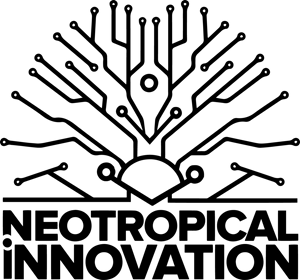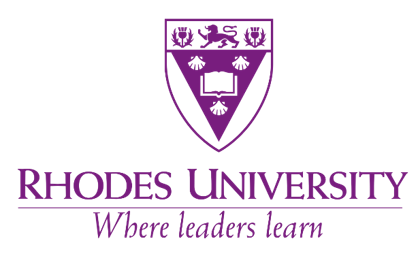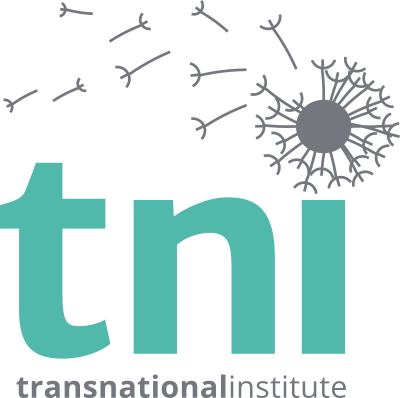At the Untraceable University we believe that our society needs radical change, both from a social as well as an environmental perspective. However, this change is not happening at sufficient scale or speed. A key factor, we believe, is that the most radical ideas and the most innovative people are often forced to operate inside a culture that does not value the philosophy behind these contributions, making it very hard for them to be widely adopted.
The goal of the Untraceable University is to find out how we can build a culture that is socially and ecologically restorative, and which embraces radical change to our existing ways of living, learning, and working.
Before we continue, let's discuss the concepts of ecological and social restoration.
Ecological restoration
In a healthy ecosystem, there is a strong and balanced connection between the soil, plants, water, birds, insects, microorganisms, and other animals. In a damaged ecosystem, this balance is no longer there. For instance, sometimes entire animal groups are missing or the flow of water is so changed by roads or dams that the ecosystem no longer works properly. More often than not, people are the cause of this.
However, some people restore these damaged ecosystems. This is what ecological restoration is. It starts with studying the entire system of soil, water, plants, animals, then finding the missing parts, and then helping the ecosystem to work again. There are inspiring examples of people who have restored wetlands, abandoned mines, or overgrazed land, for instance. While some damage can’t be fixed, with enough time and resources, nearly every damaged landscape can become a working ecosystem again.
 Huntly Bauxite Mine rehabilitation 1980-2017 © Alcoa. Source
Huntly Bauxite Mine rehabilitation 1980-2017 © Alcoa. Source
Social systems
Our social systems are built around culture, which is what we expect from others socially, our ambitions, and what we value. Our culture is shaped by the goals that we collectively believe in. And unfortunately, the collective goals of most cultures these days revolve around money and individual success. This has created a situation where many people feel they compete with and try to feel better than other people or even entire groups of people. And our social systems have come to reflect this. This benefits a few, but for most people it creates so many problems including conflict, poverty, stress, loneliness, ecosystem damage and many people feeling powerless to do anything about this. Our own culture is undermining our mental, physical and social well-being.
So when we talk about creating a socially restorative culture, we talk about having different collective goals, and setting up social systems that heal the personal and collective damage that we have all experienced. And we want to look at a landscape-level intervention, in order to change underlying social and ecological systems as a whole.
Project status
Over the past year, with a group of collaborators we have defined a basic outline of how we could explore ideas around creating a socially and ecologically restorative culture, at scale. That is what the Untraceable University project is about.
The core of this project is to bring people together with a very different dream. Our dream is not to earn money or achieve individual success. The goal of the Untraceable University members is to restore a heavily degraded landscape and to heal ourselves as people while doing that. We want to restore this landscape, while building agricultural systems, infrastructure, and a large community within it. This is the opposite of what currently happens in cities and industrial systems, where local culture and nature disappear as these systems grows.

But we already have all the tools and knowledge to restore ecosystems. And there are also many inspiring examples of much healthier, happier communities. So we want to combine these into a large scale project that can show a very different lifestyle can be socially and ecologically restorative.
We are currently looking at potential sites: one abandoned coal mine in South Africa, and a degraded agricultural landscape in Colombia. And our current idea about how best to achieve our goal is to start this project as a type of alternative university campus. But it would look nothing like a traditional university campus.
Students and teachers alike will start living in basic infrastructure within the degraded landscape. There will be no physical university, and no classrooms. Instead, students will learn through practice. Those that study architecture or material science will be taught how to build comfortable yet sustainable living quarters. Agriculture students will learn to practise regenerative agriculture in order to feed the community. The same applies to those studying ecology, social sciences, or engineering. Everyone will learn their skills by helping build the settlement and its community. But from the very start, a bigger vision is on everyone's mind.

The goal is not to build an isolated village, but to achieve landscape-level change from an environmental viewpoint, and systemic change to the social system. So the community builds itself up with a much larger scale in mind. Infrastructure and social systems are tested out on a smaller scale, before taking it to the next level. This is all done within an environment of learning, so that the phased approach allows for reflection and adjustment before continuing to grow. The 15 year target is a total population of 100,000 people, grown and structured in a way that this can be replicated and serve as inspiration for communities elsewhere.
Planning
We know that this is ambitious, long-term thinking which needs a lot of further unpacking and careful planning. For that reason we are only looking at starting the physical work by 2029. We have set up a non-profit organisation called the Untraceable University Research Institute, which coordinates the first phase. In this phase, we are teaming up with researchers, activists, practitioners and students from all kinds of disciplines that are interested in debating and designing this project. We are looking for people with radical visions grounded in real-life experience or backed up by research. We don't believe that we need to reinvent the wheel. Instead, we want to combine the best of modern and traditional practices and learn from the many teachers, innovators, and rebels who have already shown us that alternative futures are within reach.
We have set up a programme that includes both research as well as education and outreach activities. This programme encourages individual groups to join our initiative and to contribute specific ideas, structures, approaches or philosophies to the Untraceable University. These contributions can start simple through workshops or online interviews, but they gradually become more elaborate and detailed as our collaboration matures.
Whether you are interested in regenerative architecture, critical ecology, traditional knowledge systems, or any other relevant discipline, as long as you are willing to question the very foundations of modern life, we invite you to join our collective. It takes a village to raise a child, but it will take a whole community to build a new culture.





